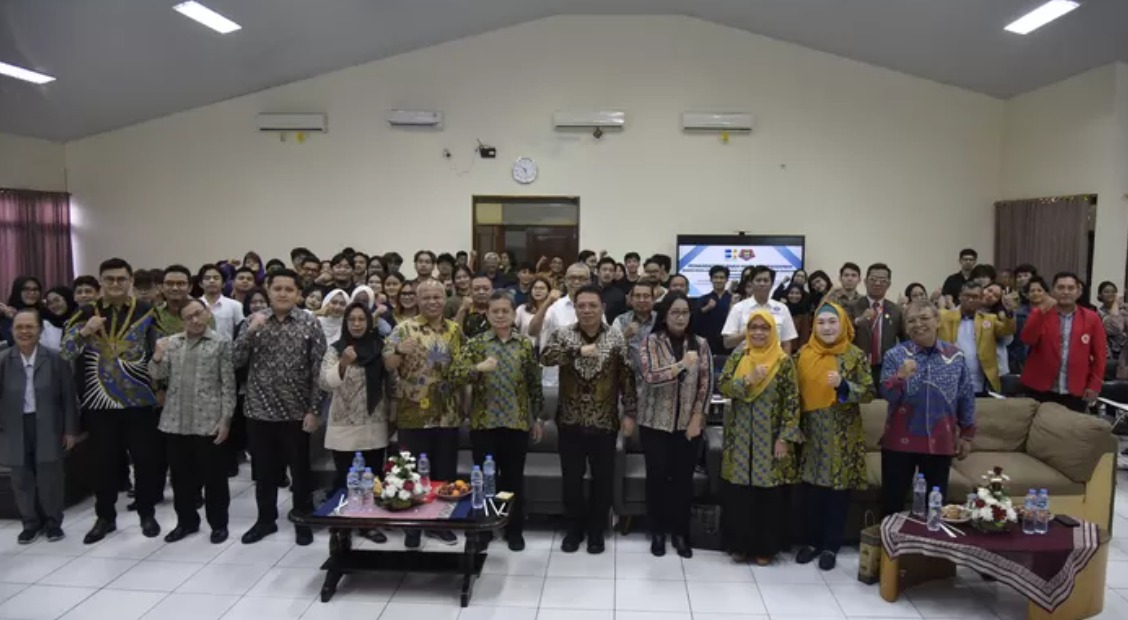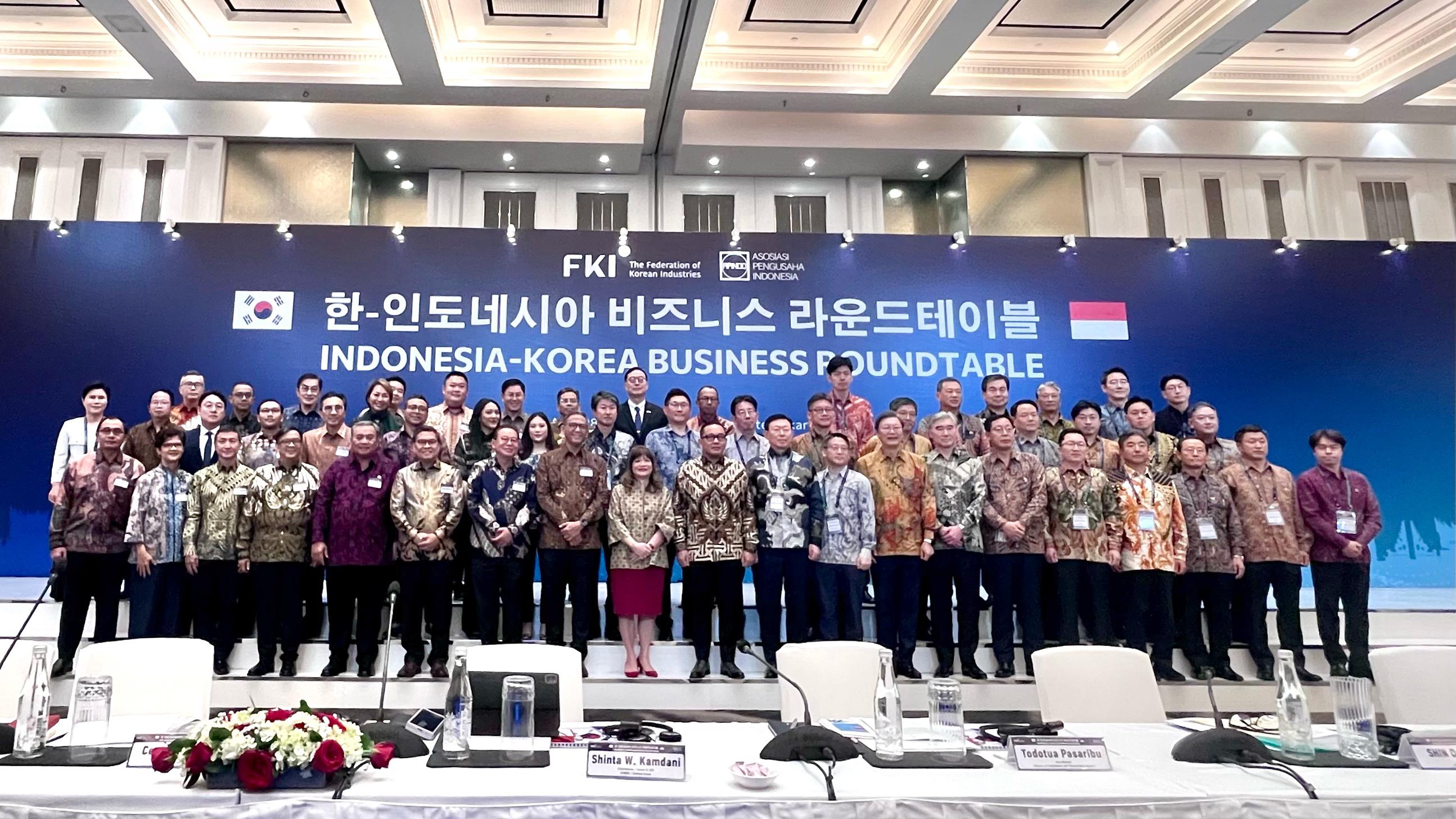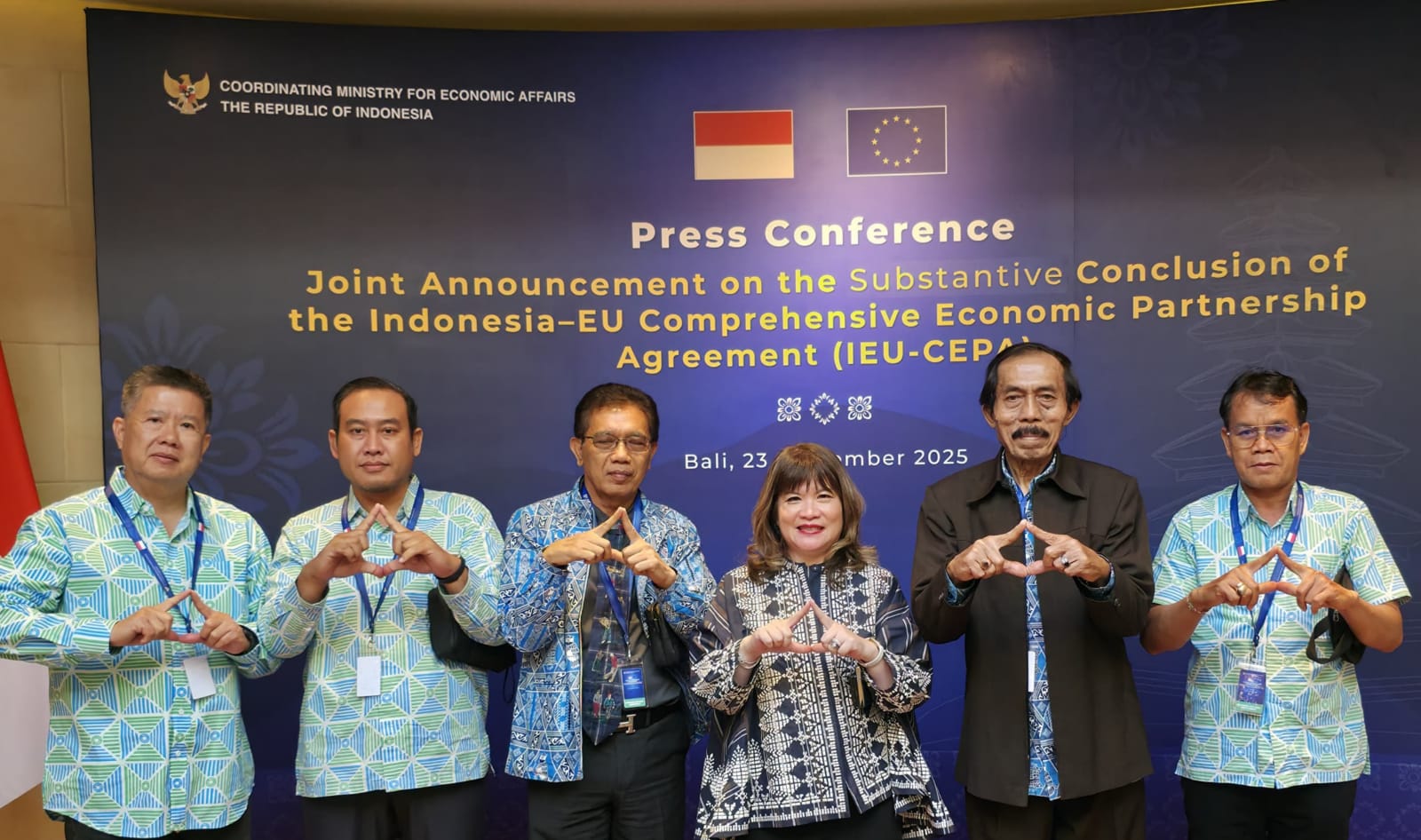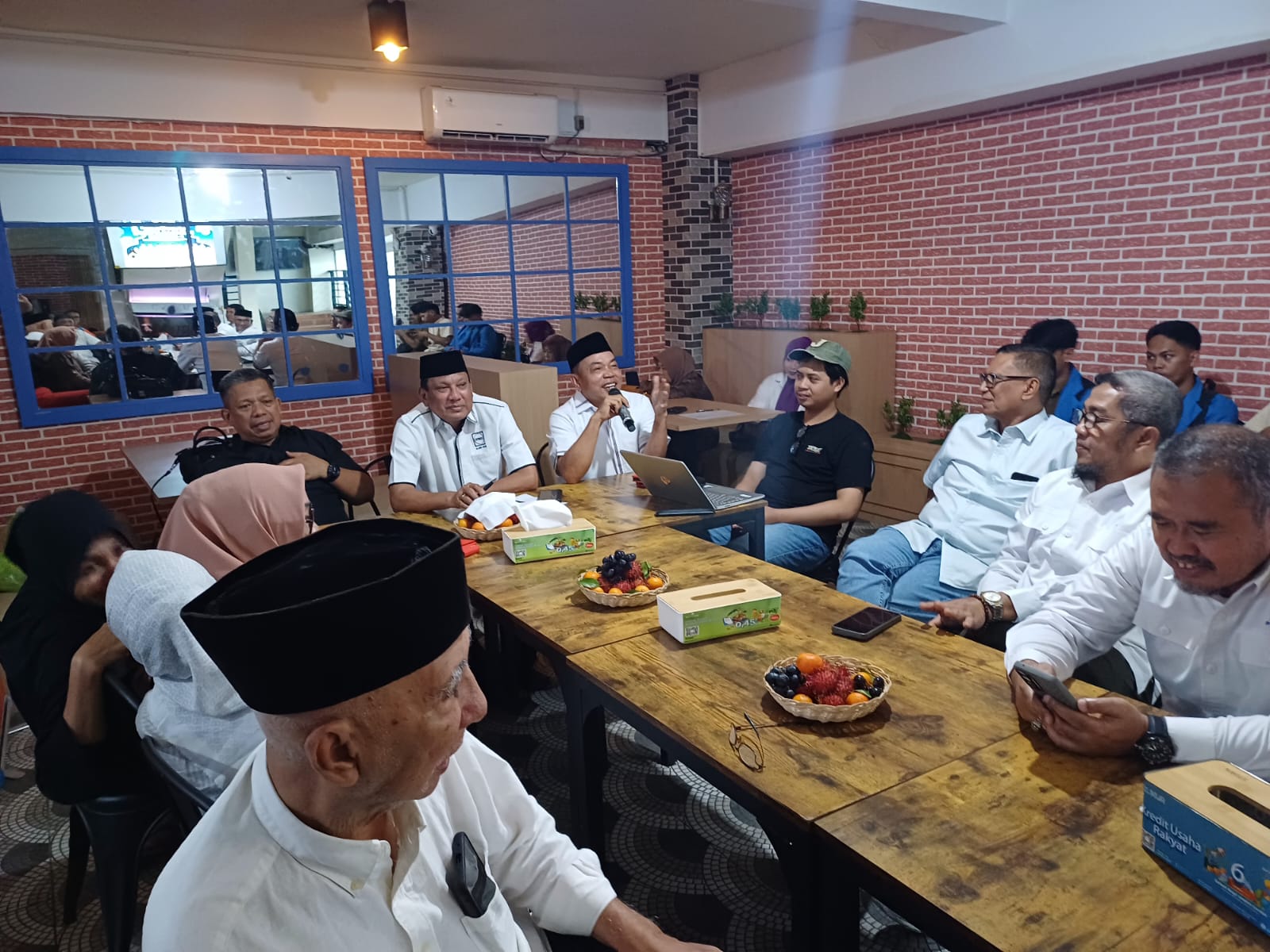APINDO Bandung Highlights Business Struggles Following 2025 Minimum Wage Hike
Monday, 21 April 2025
Bandung – Following the Indonesian government’s decision to raise the 2025 Regency/City Minimum Wage (UMK) by 6.5 percent, many companies across the country have reported experiencing significant negative impacts.
Businesses have found themselves burdened by increased operational costs, in some cases leading to layoffs and workforce reductions.
The wage hike has notably affected the business sector, particularly because the 6.5 percent increase was implemented without involving business stakeholders in the decision-making process.
"In Bandung City, many companies are already feeling the impact of the UMK increase, especially the additional operational burden. Some companies have even been forced to downsize their workforce," said Chairman of the Indonesian Employers’ Association (APINDO) Bandung, Ahmad Kosim Asmari.
In addition to the UMK, the government has also raised the Sectoral Minimum Wage (UMSK). In West Java, UMSK has increased by 7 percent across eight business sectors, including automotive, automotive components, electronics, electronic components, metal and steel, mining, and pharmaceuticals. For labor-intensive sectors within multinational companies, the increase reached 6.7 percent.
In light of these developments, APINDO has called on the Bandung municipal government to intensify its oversight of local businesses to ensure that companies remain stable in the wake of these policy changes.
"We urge the Mayor of Bandung to assess the condition of businesses—whether they are struggling with the 6.5 percent UMK increase or not. The city government should not only focus on collecting local revenue (PAD) but must also work together with companies to ensure their long-term sustainability," Kosim emphasized.
He also revealed that a number of international-scale companies in Bandung have implemented mass layoffs, while several projects, such as apartment developments, have stalled—disrupting the city’s urban landscape. These issues, he noted, stem not only from the wage hikes but also from declining order volumes.
"One example is PT Primarindo Asia Infrastructure Tbk, which currently employs only around 600 people—down from 8,000. This company clearly requires government attention," he added.
APINDO expressed deep concern over the situation and urged the government to step in to maintain business stability. He called on the government to visit affected companies and assist in identifying viable solutions to their challenges.
"The government must be present, monitoring and ensuring that businesses can continue operating properly. After all, businesses make a significant contribution to the development of Bandung City," Kosim said after attending a Focus Group Discussion titled Labor Reform: Improving Labor Regulations in Indonesia After the Constitutional Court Decision No. 168/PUU-XXI/2023, hosted by the Bandung College of Law (STHB) on Tuesday, April 15, 2025.
On the same day, the House of Representatives’ Expert Body (Badan Keahlian DPR RI) and STHB signed a Memorandum of Understanding (MoU) and held the Focus Group Discussion at STHB Campus, Jalan Cihampelas, Bandung.
The MoU was signed by Head of the House Expert Body, Inosentius Samsul, S.H., S.Hum., and STHB Chairman, Dr. Asep Suryadi, S.H., M.H.
As a guest and STHB alumnus currently pursuing his Master of Law, APINDO Bandung Chair Ahmad Kosim Asmari used the occasion to share his views on labor issues in Indonesia.
As a representative of business owners, APINDO, he said, plays a critical role in voicing employers' concerns to the government to foster synergy between businesses, authorities, and workers.
"We want to emphasize that any labor-related legislation must be implemented properly—not misused or neglected," he stated.
Reflecting on the previous year, he noted that although the government had issued Government Regulation (PP) No. 51 of 2023, which amended PP No. 36 of 2021 on Wages, many regional heads, particularly in West Java, failed to comply with its mandates.
"In 2024, Minister Khofifah Indar Parawansa circulated PP No. 51 to governors, instructing that it be enforced by regents and mayors. However, many regional heads in West Java disregarded the regulation and instead submitted their own recommendations to the governor based on alternative calculations—clearly deviating from PP No. 51," he explained.
That said, the Acting Governor of West Java at the time eventually adjusted the calculations to comply with PP No. 51 of 2023.
"Labor laws must be fair, not favoring any one party, and must be enforced in accordance with their intended mandate," he concluded.
Source: www.fokussatu.id









